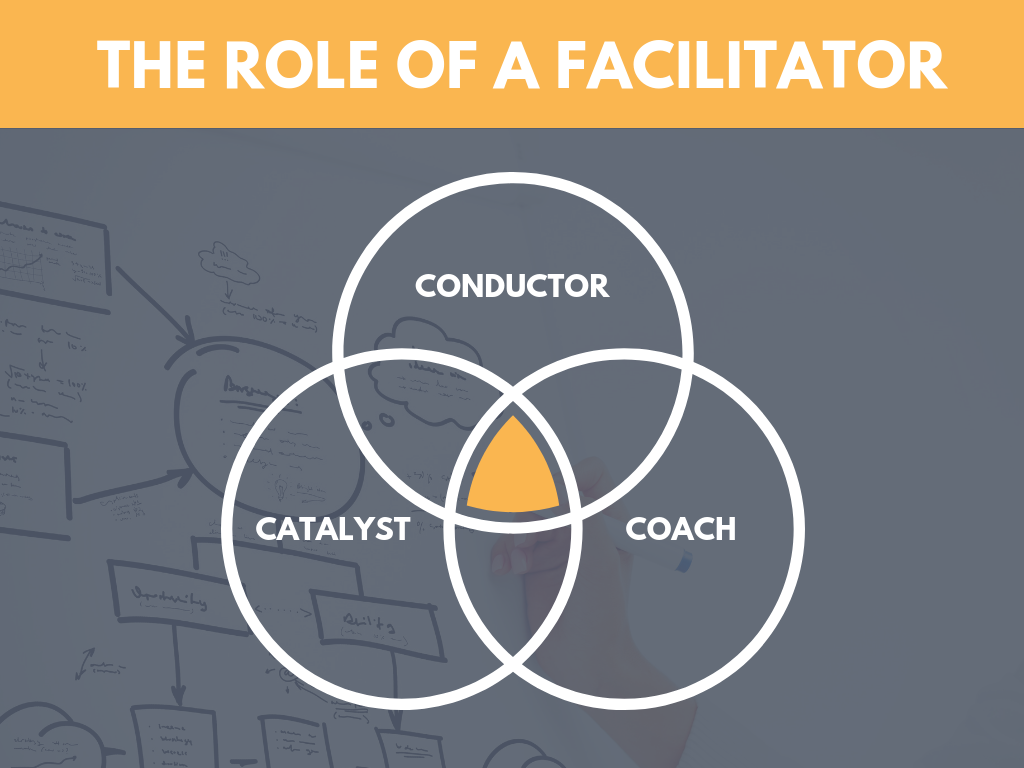Facilitation is a crucial skill that can be used in any field. Whether you’re a teacher, doctor, or businessperson, having the ability to facilitate a meeting or discussion is key.
The Five Types of Facilitation Skills
Facilitation skills are essential in any organization and can be used to support a variety of goals. If you want to grab facilitation skills you may hop over to this website.
Here are five types of facilitation skills:

Image Source: Google
1. Conflict management: Using conflict management skills, facilitators can help individuals work through issues and find a resolution. This can help reduce tension and improve communication.
2. Group dynamics: Knowing group dynamics can help facilitators create an environment that is supportive and productive. They can also help identify when group members are not meeting each others’ needs, and take steps to address the issue.
3. Leadership: Facilitators who have leadership skills can help lead groups through various tasks and challenges. They also know how to maintain momentum and keep participants on track.
4. Time management: Being able to manage time effectively is critical in facilitating any meeting or discussion. Facilitators who are skilled at this will be able to set reasonable expectations for participants while keeping the meeting on schedule.
5. Problem-solving: Working through problems is another essential skill for facilitators. They need to know how to listen carefully, probe for information, and find solutions that everyone can agree on.
How to Develop Your Facilitation Skills
Facilitation skills can be broken down into three main categories: listening, leading, and facilitating.
Listening is the first skill you need to develop as a facilitator. You must be able to listen carefully to all participants to understand their needs and concerns.
Leading is another important skill for a facilitator. You must be able to guide participants through the process without dominating or controlling them.